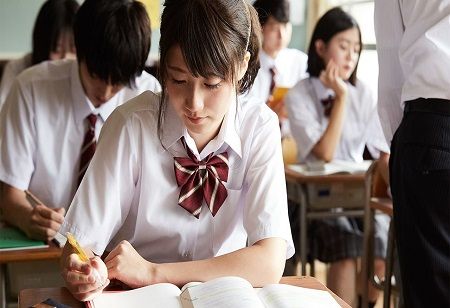Japanese volunteer groups have greatly increased their activities in the past few years to offer educational assistance to refugee children in Japan and overseas. The efforts are designed to empower young refugees by providing learning, language skills, and integration support.
In response to the Russian invasion of Ukraine, Japanese language and vocational schools throughout Japan organized the Japanese Supports for Ukrainian Students (JSUS) collective. Together, they provide free Japanese language education and living allowances to young Ukrainian evacuees to support their integration and educational progress in Japan. Aiming for an initial 100 evacuees, the initiative offers two years of language training and funding assistance to enable students to adjust and establish stable lives.
Likewise, the "Kodomo Kurabu Shinjuku" (Kids' Club Shinjuku) initiative in the Tokyo district of Shinjuku Ward provides classes taught by volunteers to children of immigrants. The program offers individualized help in English and mathematics with the goal of qualifying students for enrollment in Japanese high schools. Since its opening in 2007, the program has helped about 100 students from varied backgrounds develop their studies and assimilate into Japanese culture.
In addition, organizations like Refugee Education Japan (REJ) also strive to increase educational opportunities for refugee students. Since 2017, REJ has helped refugee student’s access universities and language schools in Japan, calling for increased educational channels and support systems to enable them to establish stable lives and reach their potential.
Japanese volunteer groups have also provided their educational assistance to overseas refugee communities. The Japan International Volunteer Center (JIVC) provided training to 50 nursery school teachers in South Sudan's Yida Refugee Camp. The training, which lasted for 15 days, included child rearing, health concerns, and disease prevention such as HIV/AIDS and malaria, improving the quality of early childhood education in the camp.
In Armenia, UNICEF, with assistance from the Government of Japan and the Japan International Cooperation Agency (JICA), initiated a project to provide mental health and psychosocial support services to ethnic Armenian refugee children and adolescents. With an over US$3 million contribution, the program is expected to impact some 300,000 children and adolescents, promoting their well-being and education participation.
In addition, the Japanese Government provided $709,227 to World Vision Japan to promote education enrollment and learning among vulnerable children in Irbid, Jordan. The project aims at enhancing the education environment for vulnerable children, such as refugees, by strengthening the capacity of teachers and offering inclusive learning materials.
These efforts highlight Japan's dedication to assisting refugee education, both at home and abroad. Through the provision of educational opportunities and support services, Japanese volunteer groups are instrumental in empowering refugee children, facilitating their integration, and developing their potential for a brighter future.

